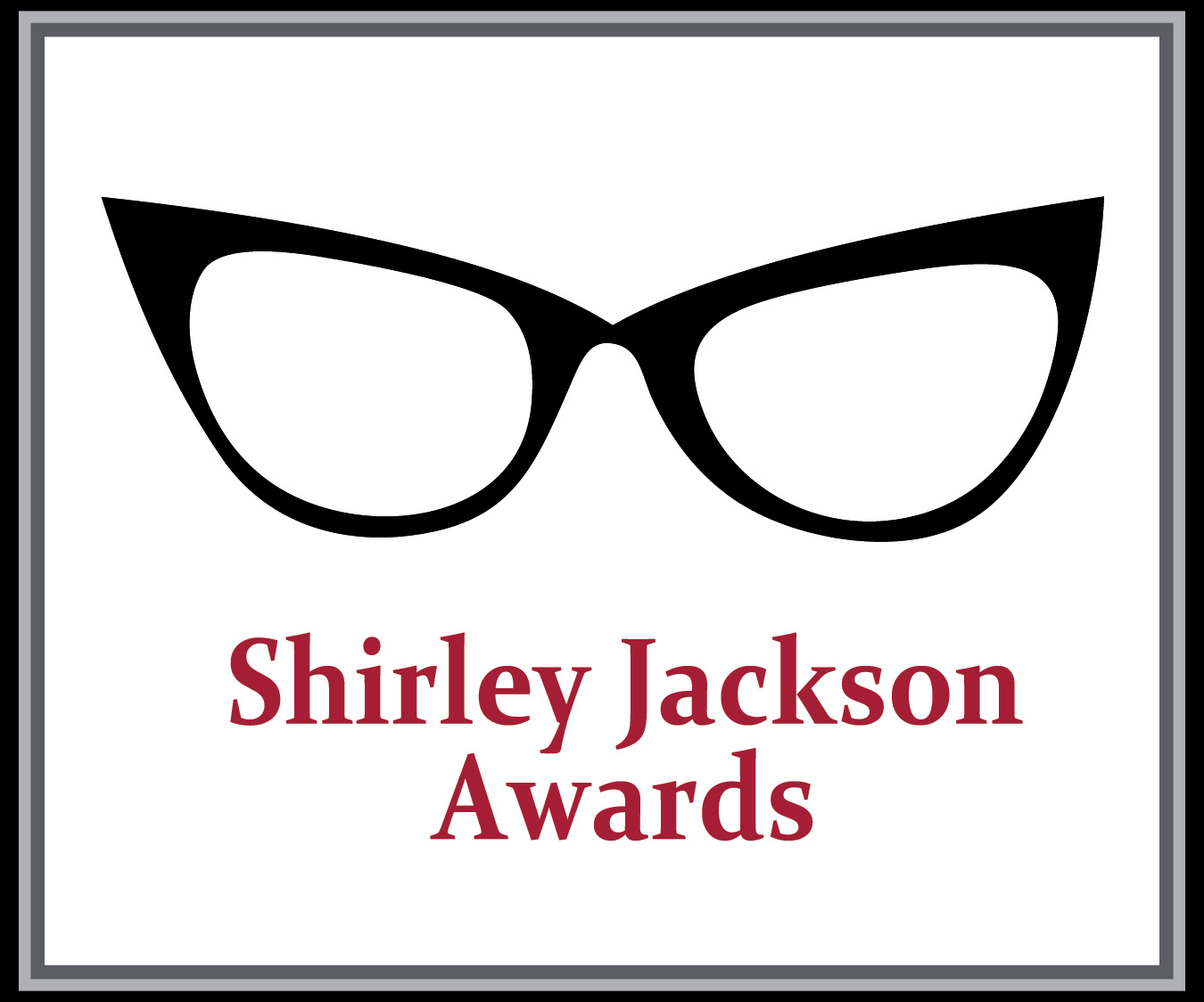Livia Llewellyn in the author of the Shirley Jackson Awards nominees Engines of Desire: Tales of Love & Desire (collection) and Omphalos (novelette).
For Engines of Desire: Tales of Love & Other Horrors, what was your approach when it comes to selecting the stories that went into the collection?
When Steve Berman of Lethe Press first brought up the idea of my publishing a collection, we both agreed it would be erotica, not horror or dark fantasy. So I initially had a very different set of stories I was going to put in the book. But when I found out that Laird Barron was writing the introduction, I felt it would be better to shape the collection around my darkest fiction. At first it seemed like a kind of impossible hodgepodge of styles, all with varying amounts of erotic and fantastical content. But once I decided on the final ten stories, I realized I could place them in an order that would make each story compliment the one before and behind it – a jigsaw puzzle, if you will, with different shapes coming together to create the whole. The stories with the least amount of supernatural elements were placed in the beginning of the collection, so that as the reader progressed through the book, they’d find themselves in increasingly fantastic worlds and situations – much like the protagonists, who all physically and emotionally journey from deceptively ordinary to extraordinary worlds and situations.
Could you share with us your writing process? You mentioned before that a part of you suffers whenever you write, but once you begin, you endure until it’s finished.
I spent about twenty years in the theatre, and it took a long time to find a method that worked for me as an actor. Creating a believable character is a difficult process – you can only rely so much on technical skills such as vocal and movement training. At some point, you have to do some serious and often deeply personal emotional mining – what that mining entails is largely different for each actor, depending on the method they’ve been trained in (Strasberg, Meisner, etc.). I don’t feel comfortable going into specifics, but I’ll say that the emotional process that I used as an actor – Meisner – is more or less the same process I use as a writer. Most of my protagonists live through horrific and emotionally life-altering experiences, and for me, I need to feel what they’re going through or I can’t write it. So, yes, I do often force myself to re-experience emotionally cataclysmic events in my life, events which birthed the emotions and actions I now give to my protagonists. It’s not a comfortable process – it’s not supposed to be. The payoff is a better story than what I would have written by merely skimming the surface of my feelings, a story that brings catharsis and closure to me as a writer, and hopefully to the reader as well. So, enduring the emotional pain the process creates is worth it.
What made you decide to combine darkness and sensuality into fiction? How would you describe your writing?
It was never a conscious decision on my part to combine those two elements. I had written a YA dark fantasy novel in 2004, and sent it out to numerous and often scathing (but well-deserved) rejections. Eventually I accepted that my writing wasn’t at the artistic and technical levels needed for publication, but I didn’t know what was missing or how to fix it. Rather than starting another novel, I decided to tackle short fiction for a while and see if that changed anything. The first story I wrote was “Brimstone Orange”, for a ChiZine flash fiction contest in 2005 – and right there, the sensuality and darkness were in the words, they were an integral part of that story and its style. And I can’t point to any one decision to write it that way – all I know is that the act of writing a 500-word story jump-started the process of freeing the qualities my fiction needed that the act of writing a 120,000 word novel couldn’t do. Sometimes you need to experience something significantly, radically different in order to make a significant, radical change.
As far as describing my writing: it’s horror. My stories have been called dark fantasy, erotica, Lovecraftian, weird – lots of adjectives that are probably all more marketable than the word “horror”. And they’re all absolutely applicable to my writing, but at the end of the day, I call it horror, because I love the genre and I’m proud to say that’s what it is.
